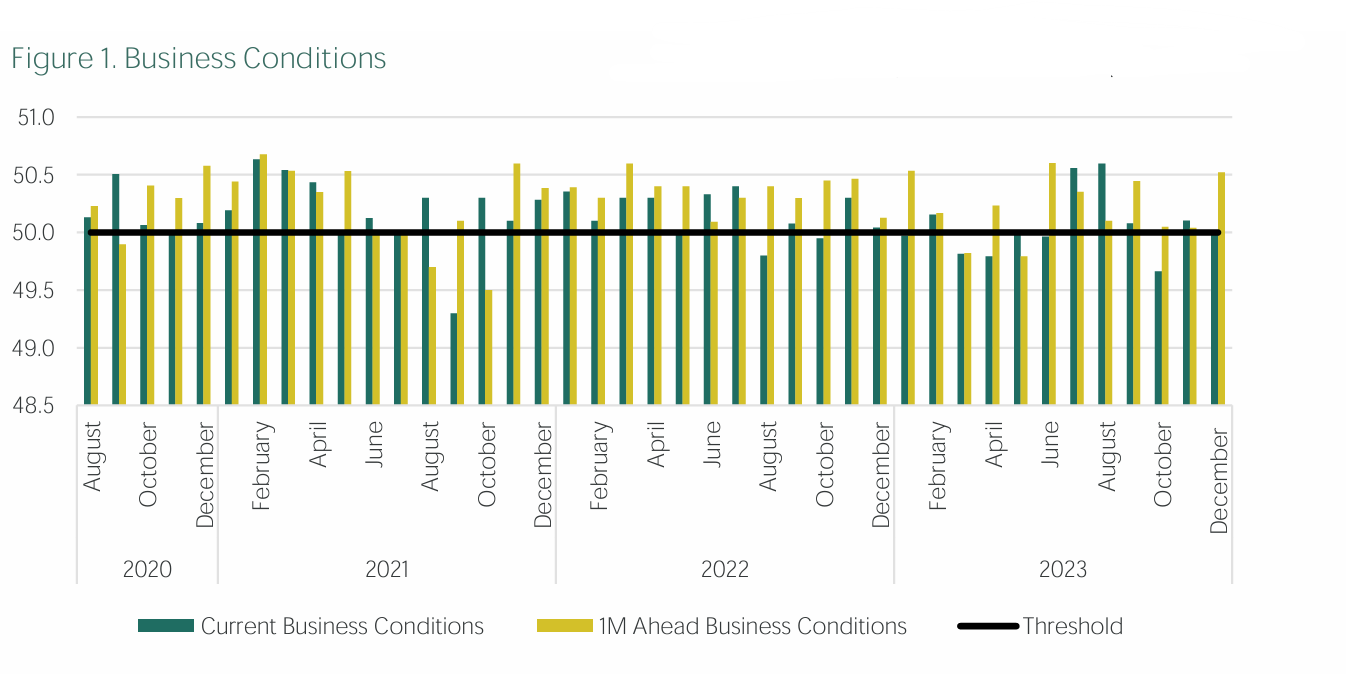NDRC Implements Comprehensive Incremental Policies to Steadily Boost China's Economic Growth and Optimize Structural Upgrades
In a press conference, Zheng Shanjie, Director of the National Development and Reform Commission (NDRC), provided an update on the implementation of a series of incremental policies aimed at enhancing China's economic momentum. He also addressed key questions from the media.
Current Economic Outlook: China's economy remains generally stable, with steady improvements in various sectors. Agricultural production is robust, industrial growth is accelerating, and the service sector maintains a steady trajectory. Investment and consumption continue to expand, employment remains stable, and consumer prices exhibit moderate growth.
Key Policy Measures: The package of incremental policies spans five main areas:
Counter-cyclical macroeconomic adjustments
Expansion of domestic demand
Increased support for enterprises
Stabilization of the real estate market
Revival of the capital market

Macro Policy Adjustments: The NDRC has intensified efforts in counter-cyclical macroeconomic adjustments by coordinating policies across fiscal, tax, monetary, financial, investment, consumption, and income distribution areas. Major reforms are being accelerated, including the implementation of national unified market guidelines and a negative list for market access. These efforts aim to align policy goals, tools, intensity, timing, and pace for maximum consistency and effectiveness.
Expanding Domestic Demand: In terms of consumption, measures are being taken to sustain demand for bulk commodities and expand services such as elderly care and childcare. For investment, the focus is on driving effective investments and generating substantial physical work output. This includes releasing part of the 2025 project list for key infrastructure initiatives and accelerating central budgetary investments.
Support for Enterprises: Efforts are underway to regulate enterprise-related law enforcement and supervision, clarify the next phase of policy arrangements, and enhance the allocation of resources to support businesses.
Real Estate Market Stabilization: A comprehensive set of policy measures is being implemented to stabilize the real estate market and prevent further declines.
Capital Market Revitalization: A series of strong and effective measures have been introduced to boost confidence and activity in the capital market.
Investment Acceleration: This includes advancing key projects under the 14th Five-Year Plan, with increased momentum in implementing the 102 major engineering projects.
Business Environment Improvements: The legal framework for enterprises is being improved, and efforts to regulate law enforcement and supervision are being stepped up to help enterprises resolve practical difficulties.
Employment: The NDRC continues to prioritize employment, creating new opportunities by stimulating effective demand and tapping into the job-creating potential of emerging industries.
Local Government Bonds: By the end of October, local governments are expected to complete the issuance of remaining bonds, with accelerated implementation and use of these funds.
Urban Renewal: The NDRC is pushing forward urban renewal tasks in an orderly manner, prioritizing key projects to modernize city infrastructures.
Energy Supply and Stability: Measures are being taken to boost the supply of coal, natural gas, and other resources, optimize the use of all available power generation capacity, and promote efficient consumption of new energy sources.
Price Stability for Essential Goods: The government is focusing on agricultural production in autumn and winter, reinforcing local responsibility for reserves, strengthening coordination between production and sales, and ensuring smooth logistics.
Zheng emphasized that the implementation of these comprehensive incremental policies will help drive a sustained economic recovery, ensuring the achievement of this year’s economic and social development goals.






















































First, please LoginComment After ~